When planning home improvements or troubleshooting electrical issues, one of the considerations homeowners often face is the cost of an electrician’s services. One common job electricians are hired for is the installation or replacement of electrical outlets. However, the charges can vary significantly, influenced by factors such as the complexity of the job, the type of outlet being installed, and the region where you live. This article aims to provide a comprehensive guide on how much electricians typically charge per outlet to help you budget your next project effectively.
What is an Electrician?
An electrician is a professional tradesman that specializes in the installation and maintenance of electrical systems. They may work on residential, commercial, or industrial properties. Electricians are highly trained professionals who have expertise in wiring, electricity safety standards, and local building codes.
Electricians must be certified and licensed to practice in the United States. They may also hold additional certifications in areas such as fire protection or telecommunications.
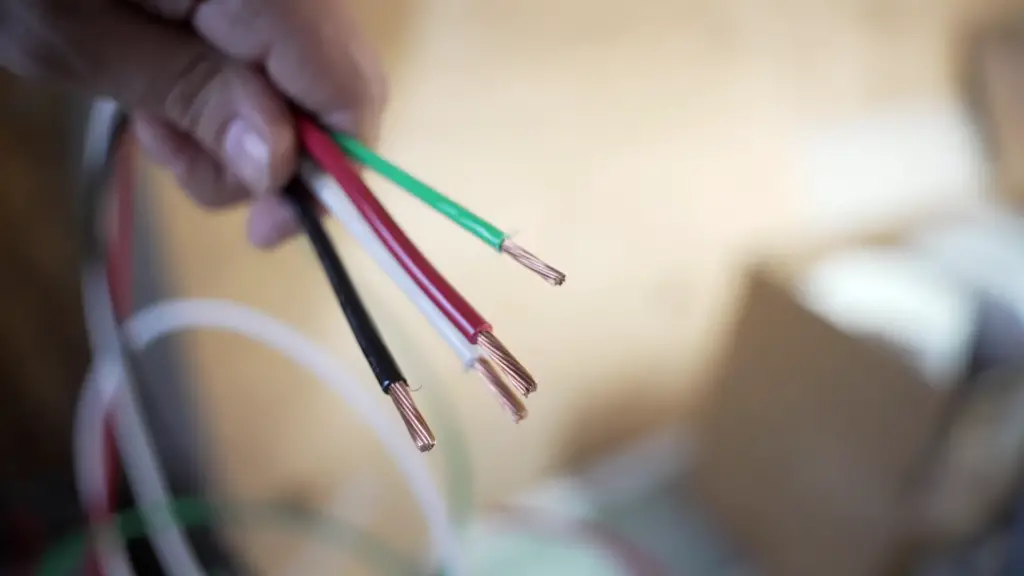
How Much Do Electricians Charge for Outlet Installation?
The cost of installing an outlet typically ranges from $75-$300, depending on the type of outlet and the complexity of the wiring needed. Some electricians may also charge extra for long runs of wire or outlets located in hard to access areas. The best way to find out the exact cost for your project is to contact a licensed electrician for a quote.
What Factors Affect the Cost of Installing an Outlet?
The cost of an outlet installation depends on many factors such as the type of wiring needed, the complexity of the job, and the location. Additional costs may be incurred for long runs of wire or outlets located in hard to access areas.
Type of Outlet
The type of outlet being installed also affects the cost. Standard 120-volt outlets are typically cheaper to install than more complex 240-volt outlets. Additionally, installing an outdoor-rated GFCI or a tamper-resistant outlet will be more expensive than a standard receptacle. [1]
Difficulty of Installation
The complexity of the job is also a factor in the cost. If a new outlet needs to be installed near an existing outlet, it may involve more wiring and labor time than installing a new outlet in an area with no existing wiring. As such, the cost may be higher for more difficult installations.
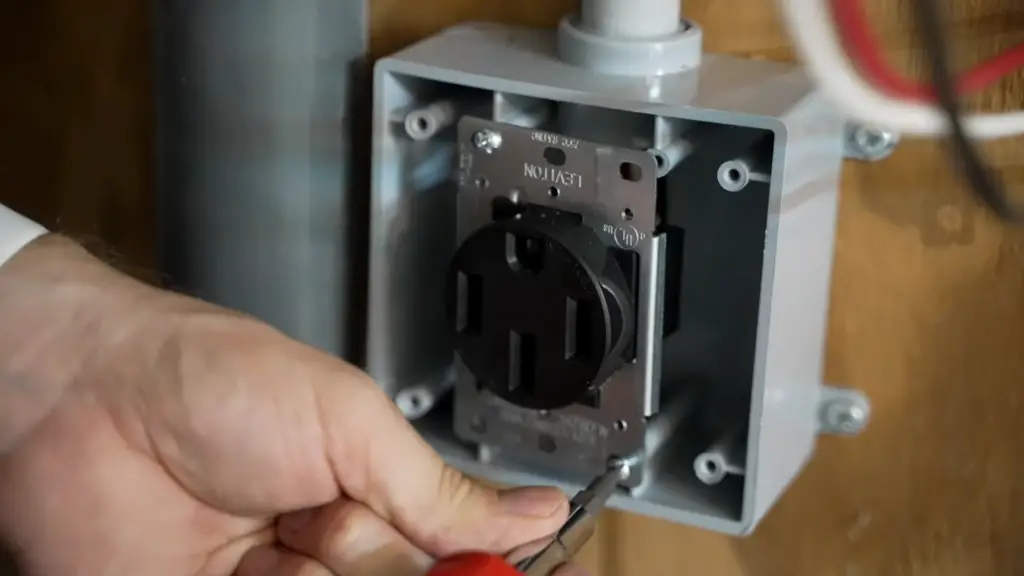
Location
The location of the outlet also plays a role in the overall cost. Outlets located in hard to access areas such as attics or crawl spaces, may require additional labor and materials. Additionally, outlets located outside will need to be weatherproofed and installed with an outdoor-rated receptacle which could increase the cost.
Local Labor Rates
The cost of an outlet installation also depends on local labor rates. Electricians in certain areas may cost more than electricians in other areas due to the demand for their services. It is important to shop around and compare prices when looking for an electrician.
Electrical Panel Upgrades
Depending on the situation, an outlet installation may require an upgrade to the electrical panel. This can be a costly undertaking and requires additional labor and materials. If your home needs an upgrade to the electrical panel, it is best to consult with a licensed electrician before beginning the project. [2]
When installing an outlet, always hire a qualified professional electrician to ensure the job is done safely and correctly. This will help to avoid any potential problems down the line and ensure that the outlet installation meets local building codes.
If you have any questions about how much an electrician charges for installing an outlet, contact a licensed electrician in your area for a quote. They will be able to provide you with an accurate estimate of the cost for your project.
What Else Can an Electrician Do?
In addition to installing outlets, electricians can also perform a variety of services such as wiring new circuits, replacing old wiring and fixtures, diagnosing electrical problems, and troubleshooting issues with existing systems. They may also be called upon to install or upgrade home security systems, lighting systems, and other electrical components.
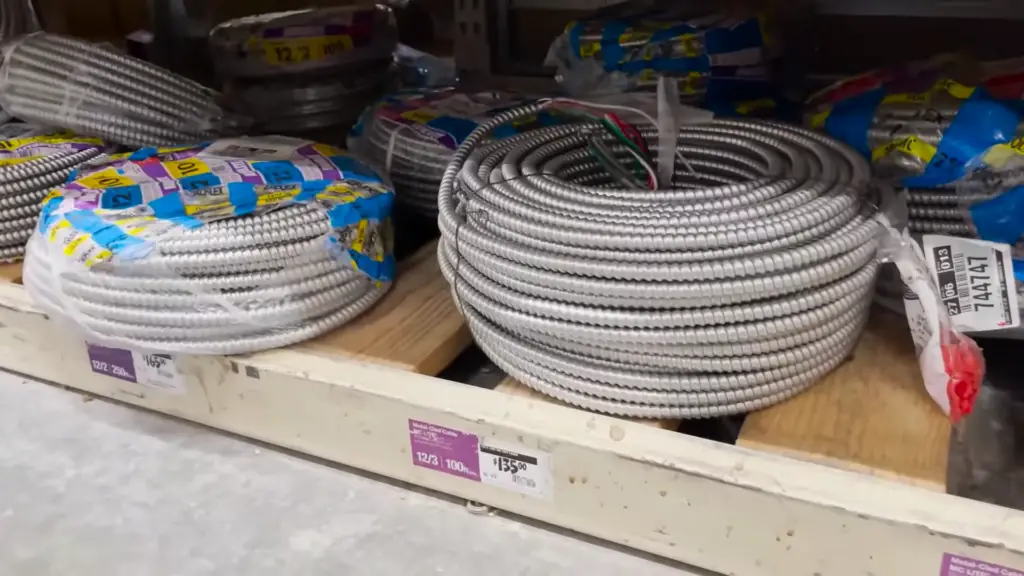
Electricians may also be hired to perform periodic inspections of an existing system to ensure it is functioning properly and up-to-date with the latest safety standards. These inspections can help identify potential problems before they become major issues.
When hiring an electrician, always check their qualifications and certifications to ensure that they are qualified to work on your project. It is also important to ask for references from past customers who can attest to the quality of their work.
No matter what type of electrical services you need, an experienced and qualified electrician can get the job done safely and efficiently. They have the knowledge and expertise necessary to handle any electrical task with ease. So if you are in need of an electrician, be sure to hire a licensed professional.
Tips on Hiring an Electrician for Your Project
When hiring an electrician for your project, it is important to do some research beforehand. Ask friends, family, and neighbors for referrals or search online for local electricians who have good reviews. Once you’ve found a few potential electricians, contact them for quotes and compare prices.
Before signing a contract with any electrician, make sure to ask questions about their qualifications and certifications. Be sure to also inquire about any warranties they offer on their work, as well as any additional services they may provide such as emergency repairs or maintenance plans.
Finally, when the job is complete, be sure to get a written invoice outlining the services performed and all parts used for the project. This will ensure that you have a clear record of the work in case there are any future issues. [3]
Hiring an electrician for your project can be an overwhelming task, but by taking the time to do some research and asking the right questions, you can ensure that you get quality work at a fair price. With the right electrician on your side, you can rest assured that your project will be completed safely and on time.
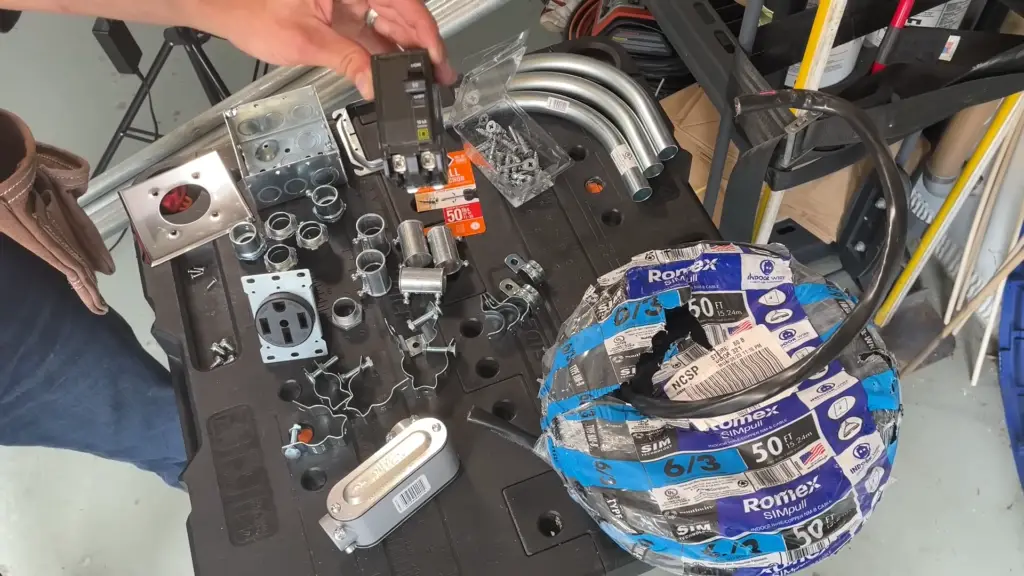
It is important to remember that a qualified electrician can make all the difference when it comes to electrical installations and repairs. They have the knowledge, experience, and tools necessary to get the job done right – so don’t hesitate to contact one today for help with your next project.
DIY Electrical Work – Pros and Cons
While hiring an electrician is often the best course of action for any electrical project, some homeowners may choose to attempt DIY electrical work. While this can lead to significant cost savings, it also has several drawbacks that should be considered before attempting any electrical work on your own.
The main benefit of DIY electrical work is cost savings. By doing the job yourself, you can avoid the cost of hiring a professional electrician. However, DIY electrical work can be time consuming and difficult, not to mention dangerous if you don’t have the proper knowledge or tools. In addition, any mistakes made during the process could lead to costly repairs down the line.
Additionally, DIY electrical projects may not meet local building codes which can result in fines or other penalties. Furthermore, if something goes wrong with the installation, it could be difficult to get it fixed as you may have to hire a professional electrician anyway.
Overall, while DIY electrical work can save some money upfront, it is usually best to leave such projects to qualified professionals who have the experience and expertise necessary to do the job safely. In the end, it is usually cheaper and more efficient to hire a professional electrician who can complete the job correctly in a timely manner. [4]
What Do Electricians Use Most?
Electricians use a variety of tools and supplies when working on electrical projects. The most common items used by electricians include wire strippers, screwdrivers, pliers, drills, multimeters, levels, and safety equipment such as gloves and goggles. They may also use specialized tools depending on the project such as conduit benders for running wires through walls or junction boxes for electrical connections.
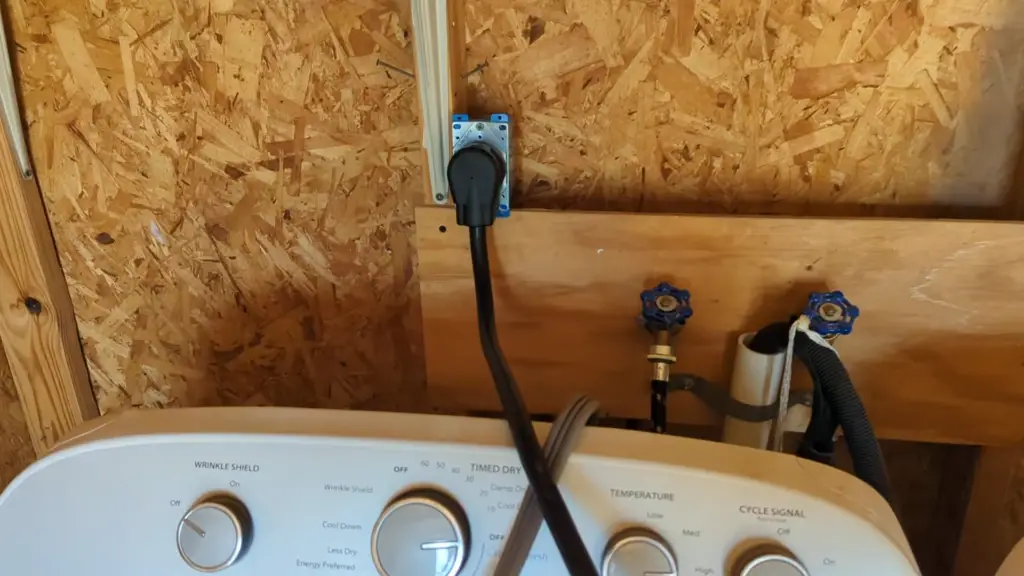
In addition to tools, electricians also use a variety of materials such as wires, cable ties, and conduit to complete the job. They will also need access to power outlets so they can test their work before declaring it complete.
Electricians often have to work in tight spaces and around hazards, so safety is always a primary concern. They should always wear protective clothing, goggles, and gloves when working with electricity to avoid any potential shock or injury.
In short, electricians use a variety of tools and supplies to complete electrical projects safely and efficiently. It is important to hire a qualified professional who knows the proper safety procedures for working with electricity in order to ensure that your project is completed correctly and safely.
What Is The Hardest Thing About Electricians?
The hardest thing about being an electrician is the workload. Electricians often have to work long hours in challenging conditions, and many projects require working with hazardous materials and high voltage electricity. Additionally, electricians must be able to troubleshoot and solve complex problems quickly and accurately in order to get the job done on time.
On top of this, electricians must stay up to date on the latest safety regulations and codes in order to ensure that their work meets all applicable standards. This requires a significant amount of research, as well as staying up-to-date on any changes or updates to local building codes.
Finally, an electrician must be able to handle stress and stay focused despite long hours and difficult conditions. It requires a lot of discipline and organization to complete jobs on time, while also ensuring the safety of those around them.
In short, being an electrician can be a challenging job that requires dedication and hard work. However, with the right skills and attitude, it can be a very rewarding career that offers many opportunities for growth. [5]
Do Electricians Use Power Tools?
Yes, electricians use power tools to install outlets and other electrical systems. These include drills, saws, crimpers and more. Electricians also need to be aware of the hazards posed by these tools so that they can safely work with them and protect themselves from injury. The cost of power tools is usually built into the overall cost of the job, but it may be worth asking your electrician if they will provide their own tools. This could help to reduce the cost of the job overall and ensure that you have a qualified professional working on your project.
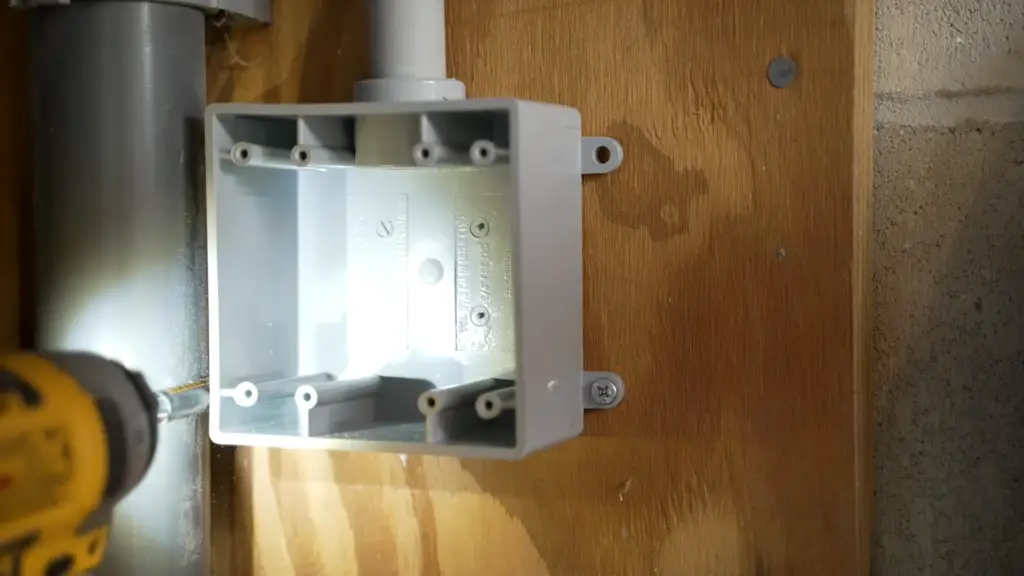
Electricians also need to use non-powered tools such as screwdrivers, pliers, wire strippers and voltmeters. These are essential for any electrical work and are necessary for completing the job correctly. Again, these should be factored into any quote you receive from an electrician, as they are essential items needed to complete your project.
Is Becoming An Electrician Hard?
Becoming an electrician can take a significant amount of time and effort, but it is worth it for the satisfaction of providing a valuable service. There are several steps to becoming an electrician, including completing an approved apprenticeship program and obtaining licensure from the relevant state or local government. It also requires knowledge in mathematics, physics and other sciences related to electricity.
Despite the necessary effort, becoming an electrician can be a highly rewarding career. Electricians are in high demand and typically enjoy good job security and remuneration. In addition to this, electricians often get to work on interesting projects that require problem solving skills and help improve people’s lives. It is also a great way to gain valuable experience in a specific industry and can lead to other opportunities. [6]
What Are The Benefits Of Hiring An Electrician?
Hiring an electrician has many benefits, most notably the peace of mind that comes with knowing that your electrical systems are installed correctly and safely. Professional electricians have the knowledge, skill and experience needed to ensure that all work is completed to the highest possible standard. They are also aware of local codes and regulations, so you can rest assured that your project complies with these.
Furthermore, electricians have access to specialist tools and equipment that may not be available to DIYers. This ensures that they can complete the job in a timely manner while avoiding any potential hazards associated with incorrect installation. Finally, electricians are insured and bonded which means that any damages or accidents can be covered by their insurance. This provides a level of protection to both the homeowner and electrician if anything does go wrong during the job.
How to Learn To Be an Electrician?
Learning to become an electrician is a great way to gain the skills and knowledge necessary to pursue a rewarding career in the electrical industry. Electricians are responsible for installing, maintaining, and repairing electrical systems and equipment. Becoming an electrician requires dedication and hard work; however, it can provide individuals with job security, solid pay, and numerous employment opportunities.
If you are interested in becoming an electrician, there are a few steps that must be taken. First and foremost, it is important to obtain a high school diploma or GED equivalent. You can then pursue entry-level electrical work while enrolled in an apprenticeship program. Apprenticeships typically last 4-5 years and involve on-the-job training that is supplemented by classroom instruction. After completing the apprenticeship program, you will need to take and pass the journeyman certification examination.
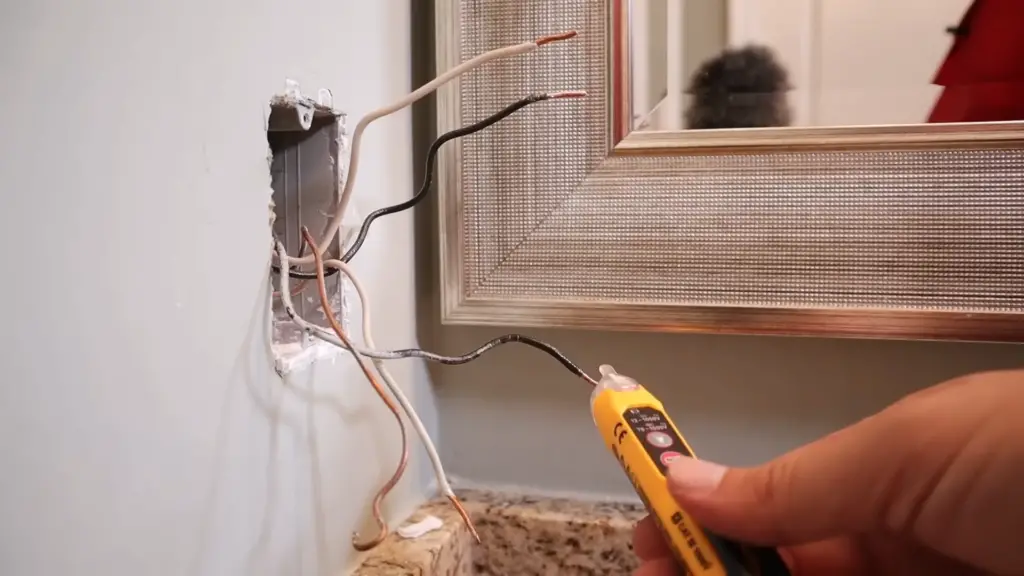
Finally, it is important for electricians to have good problem-solving skills and a strong work ethic in order to succeed in this profession. Having a keen eye for detail, excellent customer service skills, and the ability to work independently or with a team are also important qualities. With the right attitude and dedication, electricians can have long-lasting careers in this field. [7]
Duties and Skills of an Electrician
Electricians are skilled laborers who are responsible for the installation and maintenance of electrical wiring, equipment, and systems in residential or commercial buildings. They must possess a wide range of technical knowledge and skills in order to safely install and maintain electrical systems. Some of the key duties and skills an electrician may be required to perform include:
- Installing new wiring and systems
- Troubleshooting existing electrical wiring, equipment, and systems
- Testing circuits to ensure proper functioning
- Repairing or replacing damaged wiring or equipment
- Inspecting electrical components for potential safety hazards
- Reading blueprints or diagrams in order to accurately install new systems
- Working with other tradesmen such as plumbers and carpenters
- Knowledgeable in the use of hand tools, power tools, and specialized electrical testing equipment
- Understanding of basic electrical principles and safety codes.
Electricians also need to be able to work independently or as part of a team, problem solve quickly, and possess excellent customer service skills when dealing with clients. With so many responsibilities and requirements, it is no wonder an electrician’s hourly rate or project cost can vary greatly. Before hiring an electrician, be sure to inquire about their rates and fees so you can make an informed decision.
Types of Electricians
In addition to the standard residential and commercial electricians, there are several other types of electricians who specialize in different areas. Some of these include:
- Industrial Electrician – Works in industrial settings such as factories, power plants, and refineries
- Marine Electrician – Services ships, yachts, and other marine vessels
- Automotive Electrician – Installs and repairs wiring in vehicles
- Solar Electrician – Installs solar panel systems and related equipment
- Aviation Electrician – Repairs and maintains electrical systems on airplanes, helicopters, and other aircraft.
No matter what type of electrician you hire, it’s important to check their references thoroughly. Ask the electrician for a list of past clients and contact them to ensure you’re getting the best quality work. [8]
FAQs
What is the average cost for an electrician to install an outlet?
The average cost for an electrician to install a single outlet is around $65-$85. This price can vary depending on the type of outlet and the complexity of the installation. For larger projects, like installing multiple outlets or wiring an entire house, expect to pay more per hour as well as additional fees for materials.
How much does it cost to hire an electrician for a project?
The cost of hiring an electrician for a project can vary greatly depending on the scope and complexity of the job. Generally, larger projects such as rewiring an entire home or office space will command higher rates than smaller jobs like replacing broken outlets or lights. Additionally, certain types of specialized work, such as installing solar panel systems, may require additional fees.
What are the risks associated with hiring an unlicensed electrician?
Hiring an unlicensed electrician can be very risky. Not only is it illegal in some areas, but unlicensed electricians often lack the proper skills and knowledge needed to safely and effectively install and maintain electrical systems. This could lead to faulty wiring, improper grounding, and a host of other issues that could cause serious harm or property damage. It is always best to hire a licensed electrician who has the proper training and experience.
What should I look for when hiring an electrician?
When hiring an electrician, it is important to make sure they are properly qualified and certified. Ask for proof of their license, insurance, and any other relevant certifications. Additionally, check references to ensure they have a good track record with past clients. Lastly, make sure you understand the cost structure for the job and inquire about any additional fees or costs that may be associated with it. With these considerations in mind, you can be sure to find the right electrician for the job.
How do electricians typically charge for their services – hourly or per project?
Electricians typically charge for their services either hourly or per project. For smaller jobs like replacing a switch or outlet, they may charge by the hour. For larger projects like wiring an entire room or house, they may charge a flat rate for the project based on the scope of work and materials needed. Make sure to ask your electrician which type of payment structure they prefer.
How can I ensure that my project is completed safely and correctly?
The best way to ensure a safe and successful project is by hiring a licensed and experienced electrician. Ask for proof of their credentials, check references, and make sure you understand the cost structure before agreeing to hire them. Additionally, be sure to discuss your expectations with the electrician beforehand and ask any questions you may have. By taking these steps, you can rest assured that your project will be completed safely and correctly.
Is it more expensive to install an outlet in certain locations of the house?
The cost to install an outlet can vary depending on where it is located in the house. Outlets installed in difficult-to-access areas, such as behind walls or beneath floors, are likely to be more expensive than outlets installed at eye level. Additionally, outlets that require additional wiring may also cost more due to the extra labor and materials needed for the project.
Can I install an outlet myself to save costs, or should I always hire a professional?
It is not recommended to install an outlet yourself unless you have the proper knowledge and experience. Electrical work requires attention to detail and a deep understanding of safety codes, so it’s best to hire a professional electrician for the job. Not only will this ensure that the project is completed safely and correctly, but you can also take comfort in knowing that you are covered by your electrician’s insurance should anything go wrong.
How do I know if my electrician is overcharging me?
It is important to ask for a detailed breakdown of the cost before hiring an electrician. This will help you determine if they are charging fair prices for labor, materials, and services. Additionally, research local rates for similar projects and compare them to the cost of your electrician’s services. Doing so will give you a better understanding of whether or not they are overcharging you.
Useful Video: How Much Money Should Electricians Charge For Side Work?
Conclusion
Hiring an electrician is a great way to save time and money when dealing with electrical projects. It’s important to do your research before hiring one, however, as rates and quality of service can vary greatly depending on the individual or company you choose. Make sure to check references, inquire about costs and payment structures, and ask for proof of credentials in order to ensure you are getting the best quality work at a fair price. With these considerations in mind, you can rest assured that your project will be completed safely and correctly.
Happy hiring! 🙂
References
- https://www.forbes.com/home-improvement/electrical/cost-to-hire-electrician/
- https://www.thisoldhouse.com/electrical/reviews/electrician-cost
- https://phyxter.ai/blog/how-much-do-electricians-charge-per-hour
- https://www.angi.com/articles/how-much-does-it-cost-hire-electrician.htm
- https://www.service.com.au/articles/electrician/how-much-does-an-electrician-costs
- https://www.checkatrade.com/blog/cost-guides/electrician-hourly-rate/
- https://homeguide.com/costs/electrician-cost-per-hour
- https://www.bobvila.com/articles/how-much-does-an-electrician-cost/





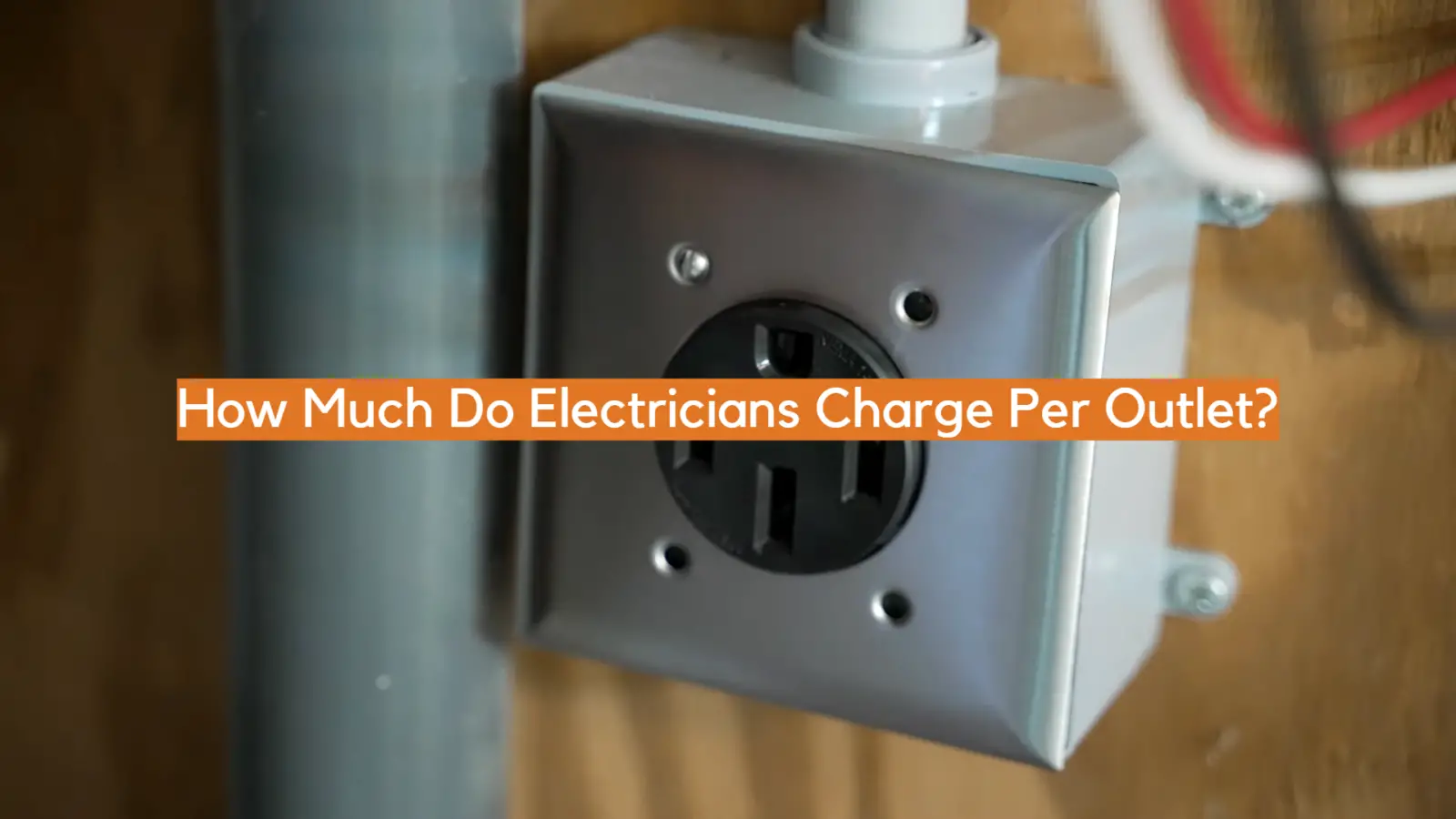





Leave a Reply